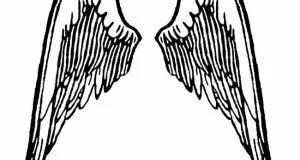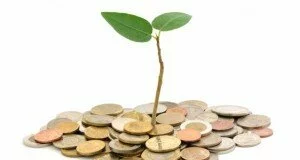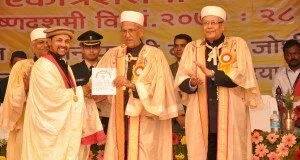The end of Ramadan is marked by Eid Ul-Fitr. Eid Ul-Fitr is celebrated on the first day of Shaw’waal.”Eid” is an Arabic meaning “festival“, while Fitr means “to purify”. So Eid Ul-Fitr represents the purification after completing the fasting month.
History
According to hadith, Eid Ul-Fitr was instigated in Madinah. Prophet Mohammad (pbuh) found some people celebrating two explicit days in which people used to entertain by Gaiety and playing. Prophet Mohammad (pbuh) asked people regarding this at which people responded that these festivities were occasions of recreation and fun. At this point, Prophet Mohammad (pbuh) exchanged these days for the day of breaking the fast and the day of sacrifice, instead of these festivities for people. One is Eid-ul-Fitr and the other one is Eid-ul-Adha.
The first Eid was celebrated in 624 CE by the Prophet Mohammad (pbuh) with his friends and relatives after the victory of the battle of Badr.
Zakat ul-Fitr
Zakat ul-Fitr has to be paid by the end of Ramadan. Payment of Fitra becomes Wajib after sunset on the eve of Eid- ul-Fitr.
Prophet Mohammad (pbuh) ordered to pay Zakat ul-Fitr before going out to perform the Eid prayer. If Zakat Ul-Fitr is paid after the Eid prayer, it will only be considered as regular charity.
Eid ul-Fitr Prayers
Eid prayer is mandatory for every male Muslim.
It consists of two Rakaat with six Takbirs. It must be offered in gathering. The prayer is followed by the khutba.
Eid prayer is different from other prayers. The Imam will head the prayers and there will be six sets of takbirs (Allah Akbar). Three of the takbirs will be in the start of the prayers. After each takbir, the hands are raised to the ears. At the start of the second rakat, after the Imam recites the Fatiha and a sura, additional three takbirs are recited.
Some mosques will do all six takbirs at once at the start of the prayers and then proceed with the prayer.
Khutba
Muslims should listen with reverence to what the Imam has to say. It is considered as a time to remember Allah’s blessings and to be thankful to be present in such an assembly.
Sunnah of Eid
- Wake up earlier than usual.
- Take a bath after Fajr.
- Be dressed in the best clothes available, whether new or cleaned old ones.
- Use Attar.
- Eat odd number of dates or anything sweet before the Eid prayer.
- Give Zakaat ul fitr to the needy.
- Perform Eid prayer at an open ground.
- Go to the place of Eid prayer early.
- Walk to the place of Eid prayer.
- Recite the following Takbir on the way to the Eid prayer:
“Allahu Akbar Allahu Akbar La Ilaha Ila Allah Wa Allahu Akbar Allahu Akbar Wa Lillahi Alhamd.”
- Use different routes to and from the place of Eid prayer.
- Read two rak’ahs Waajib Salaatul Eidain.
- The khutba of Eid is Sunnah but to listen to them is Waajib.
- Shake hands and hug one another on happy occasions.
- Read the two rak’ahs Nafl prayer on reaching home.
EID MUBARAK!
 Muslim Blog Muslim Blog
Muslim Blog Muslim Blog






